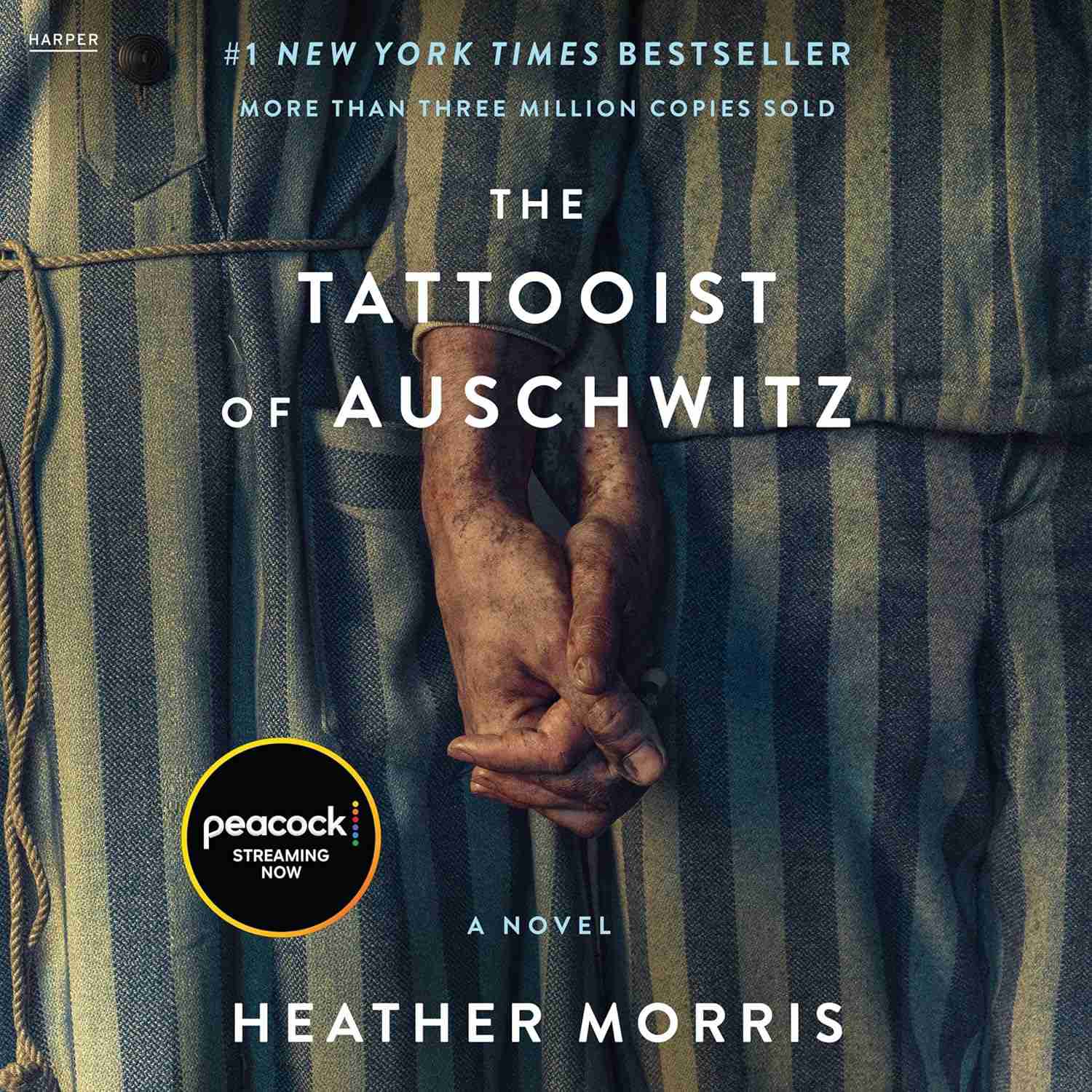
Reading 'The Tattooist of Auschwitz' felt like holding my breath for hours—painful, necessary, and utterly transformative. Lale’s story isn’t just history; it’s a visceral punch to the gut wrapped in unexpected tenderness.
I devoured this book in two sleepless nights. The scene where Lale first tattoos Gita’s number? Chills. His hands shaking not from fear but from recognizing her as his lifeline—it’s the kind of moment that etches itself into your bones.
What wrecked me most wasn’t the brutality (though God knows there’s enough), but the quiet rebellions: Lale trading jewels for chocolate to boost morale, Gita humming Yiddish lullabies during roll call. These weren’t just survival tactics—they were middle fingers to despair.
The Gypsy camp chapter left me sobbing at 3am. Morris doesn’t let you look away from the horror, but she also shows how love became their secret weapon. That duality—beauty blooming in hell—is why I keep recommending this to everyone, even if they ‘don’t read Holocaust books.’
Pro tip: Keep tissues handy when reading the epilogue with Lale and Gita’s son. That final revelation about what ‘home’ meant to them? I’m still not over it.

